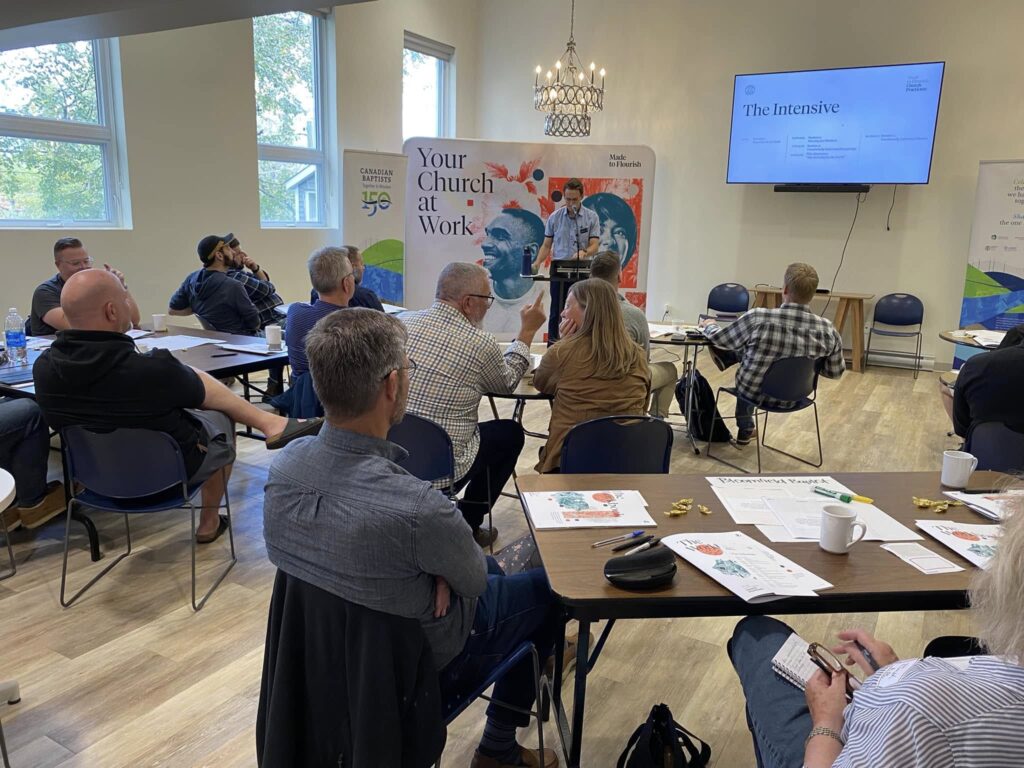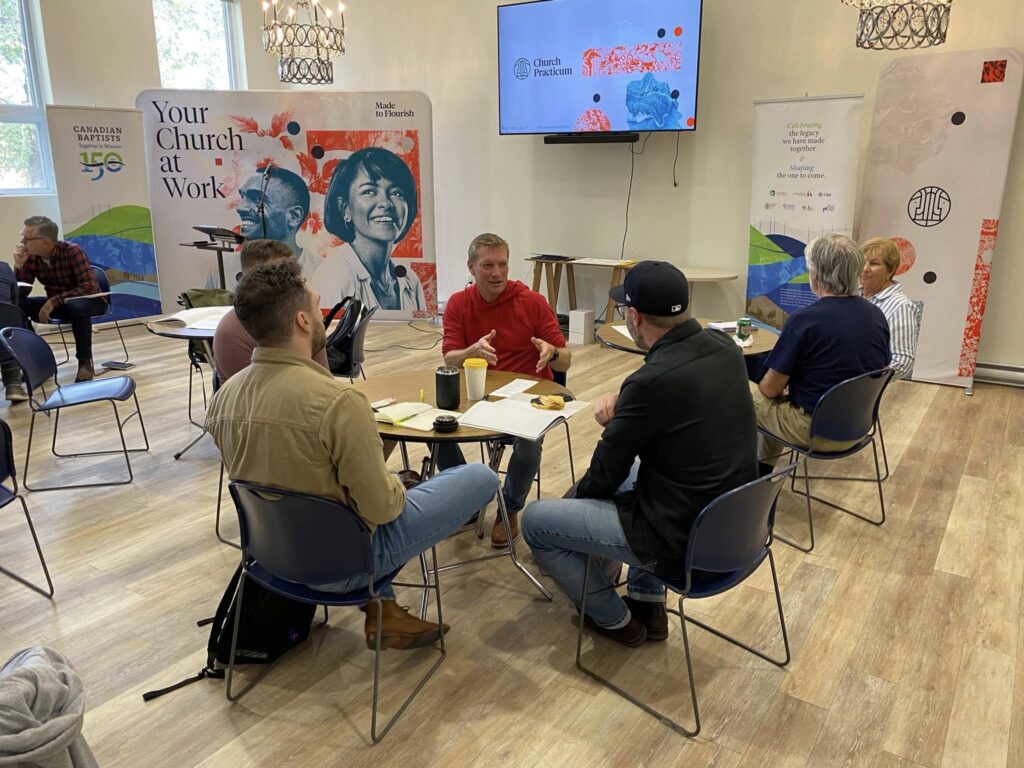Praxis is defined by Merriam-Webster as a noun (præk.sis), meaning:
1. Action, practice.
2. Practical application of a theory: the process of using a theory or something that you have learned in a practical way.
We hear a lot about the value of hard work and practice. Our parents, grandparents, and teachers all espoused the value of homework, hockey practice, piano practice, etc.; they emphasized honing skills taught by lessons — theory put into practice.
Malcolm Gladwell, in his fascinating book Outliers: The Story of Success (Back Bay, 2008), studies people who have excelled and become extremely famous, including Bill Gates and the Beatles. He delved into their history to find out what made them great. They had natural gifts and unique opportunities, but it was not the gifts themselves that made them great, but sheer hard work and practice. Passion, hard work and 10,000 hours of practice.
Gladwell called this the “10,000-hour rule.” He found out what our grandparents and piano teachers knew all along: practice, practice, practice.
Vennture explores and develops the biblical theology of faith and work. Through studies, reading, courses, webinars, conferences, and materials created by Vennture, Canadian Baptist Ministries encourages individuals and churches to develop an understanding of work as part of God’s mission and desire for his world. Understanding the theology of work helps Christians to integrate their faith with their work. It helps us apply God’s truth, purpose, and passion to our everyday lives.
How does one introduce this theology into practice within the church — in worship, discipleship programs, missions, and equipping congregants for bridging the Sunday to Monday gap? How do we help individuals and churches put it into practice? The Sunday-to-Monday gap is the separation between how people think about their faith on Sunday and their work on Monday. It’s also known as the sacred-secular divide.
In Work and Worship: Reconnecting Our Labor and Liturgy (Baker Academic, 2020), Matthew Kaemingk and Cory B. Willson explain why Sunday morning worship and Monday morning work desperately need to inform and impact one another. They emphasize that our work matters to God, but also warn that unless Christians learn to move from the abstract relationship of faith and work to the concrete relationship of work and the church’s worship, both one’s faith and work will remain malformed and immature. “There exists a profound separation between work and worship in the lives of many Christians today.”
Being Christ-followers has implications for not only worship and serving in the church but also for our identity as we engage with the world. In effect, we are commissioned to represent God’s work to the world as well as to bring the people and institutions with whom we engage from Monday to Sunday to God in prayer.
As the church gathers on Sunday for worship, fellowship, and teaching, it scatters on Monday as people disperse into their everyday lives to actively share their faith and serve others in their communities. “Worship welcomes and gathers people in. Worship sends and scatters people out. In and out. Pull and push..… Like the valves of a healthy heart, the doors of worship must regularly open and close to draw people in and send people out” (Kaemingk and Willson).

In the fall of 2024, seven teams from churches in Atlantic Canada gathered for two days to experience a Made to Flourish church practicum. The practicum is designed to help church leadership focus on their church at work—equipping each member for their work on Monday as the church scatters, as well as the church’s work on Sunday as the church gathers. “We empower pastors and their churches to integrate faith, work, and economic wisdom for the flourishing of their communities” (Made to Flourish).
Each church had completed a survey of its congregation and had gathered an overview of the unique vocational make-up and gifting of the congregation. Over the two days, churches heard from experienced practitioners and discussed topics such as worship, vocation, and church initiatives. As a team, they brainstormed ideas and created a preliminary action plan. The sessions focused on three areas.
- Worship: exploring opportunities to bring work into worship, through music and prayers, preaching stories of work, and daily activities. For example, “This Time Tomorrow”: the pastor takes three to five minutes to invite a congregant to share what their paid or unpaid work will look like this time tomorrow, then asks a few simple questions, including, “How can we pray for you?” Prayer is then offered not only for the congregant and their work, but also for others in the congregation from the same sector. Example, for a teacher: a prayer for the individual, his/her colleagues, all those in education, and the institutions (schools as well as the students).
- Vocational Discipleship: How to weave work into the church discipleship programs, such as with Christian education, or by generational or like-minded vocational groups.
- Vocationally Informed Mission: This module examines the community’s needs, assets, and opportunities for reaching out in local and global initiatives. Over nine months, the churches will continue to explore and develop their plans.
In the Field – Africa
In the October 2024 issue of Tidings, Rev. Beth Kamathi was introduced as the principal of the Africa Christian Church & Schools Bible school in Thika, Kenya. Beth is a pastor of a church, a Doctor of Ministry student at Wolfville, Nova Scotia’s Acadia Divinity College, and a participant in the “Integral Mission in the Workplace” curriculum trainings held in Rwanda. As CBM and its African church partners planned for practical strategies, it was recognized that additional capacity was needed for the Vennture team in the growing East Africa context of CBM’s Faith and Work focus. CBM is excited to share that as of January 1, 2025, Beth has joined the CBM Vennture team in a part-time role as marketplace engagement coordinator for East Africa.
Rev. Kamathi’s expertise will further enrich CBM’s efforts to implement the “Integral Mission in the Marketplace” curriculum and develop sustainable, impactful partnerships across the region. Beth will support the partners in Vennture’s strategic areas: theological formation, and creating transformational businesses and opportunities for God’s people to flourish in their daily work. She says, “This role is an opportunity to continue my passion for equipping leaders and strengthening the connection between faith and daily work. I look forward to collaborating with CBM’s partners to advance this mission in our communities.”
If you’d like to support Beth in her role of supporting Vennture in its theological and practical trainings as well as assisting with future income-generating endeavours, please visit https://www.cbmin.org/staffprofile/beth-waithira-kamathi/
Follow Vennture.ca in the coming months for new worship resources for your church and daily life. When Faith Meets Work, all the hours of our lives can be infused with meaning.


